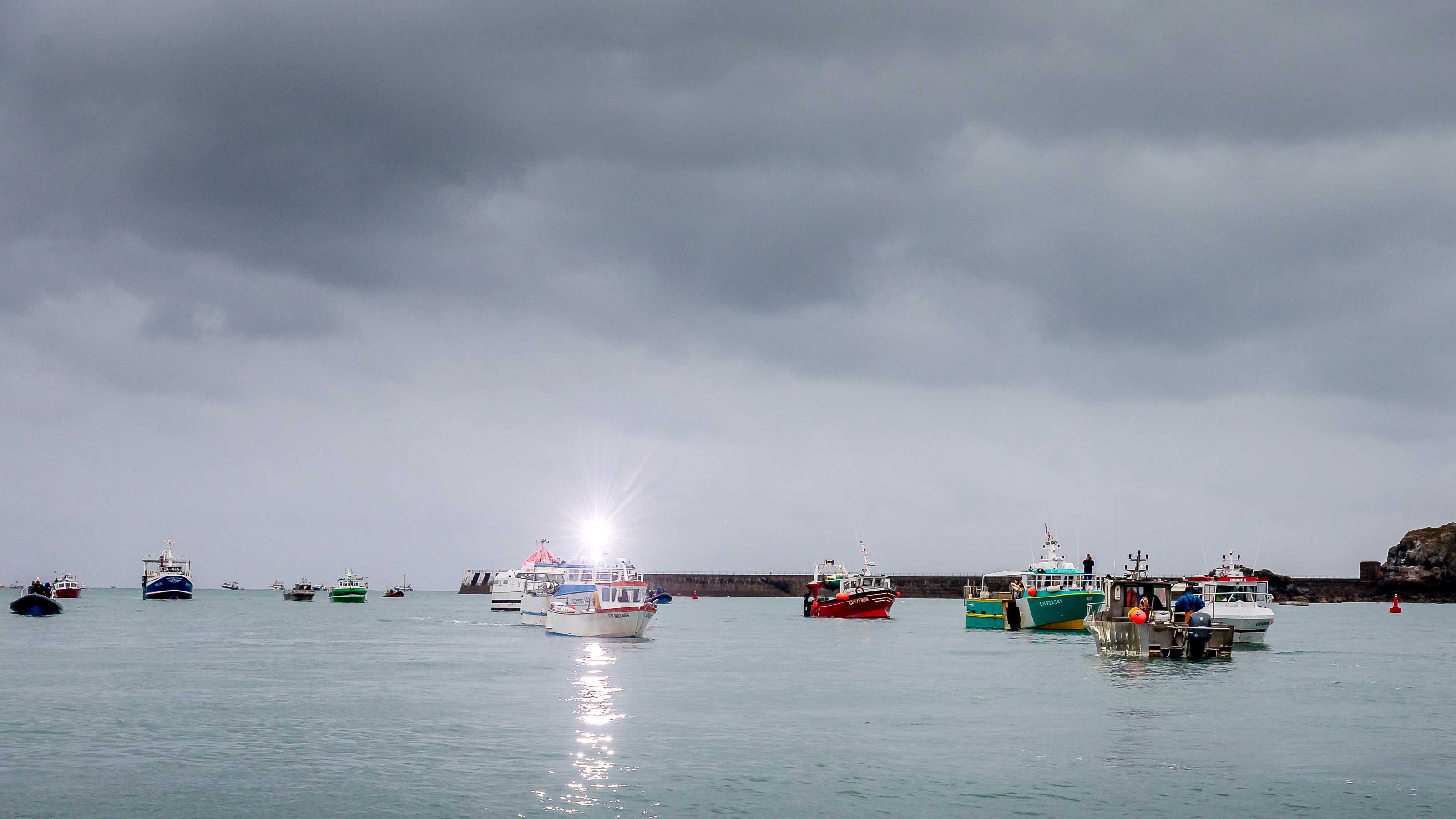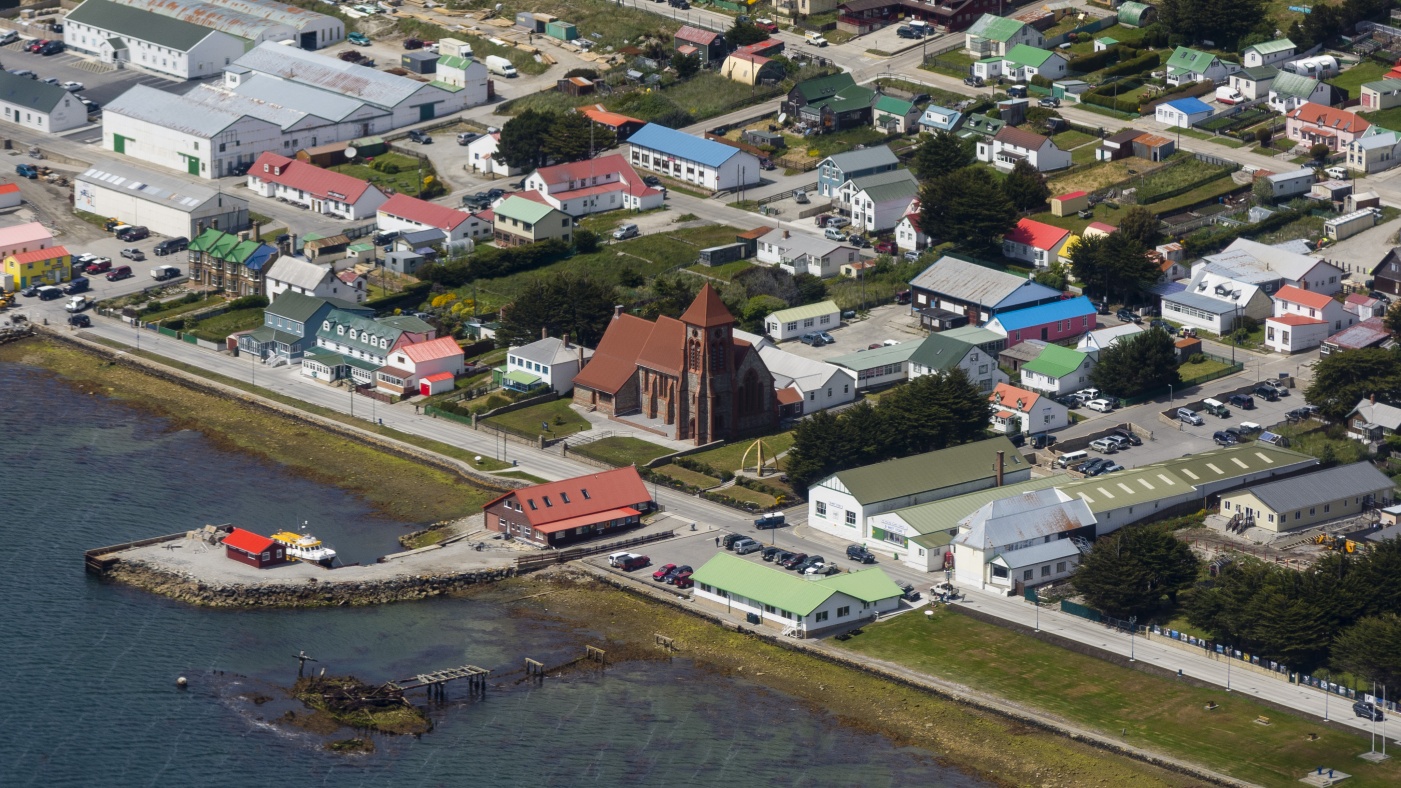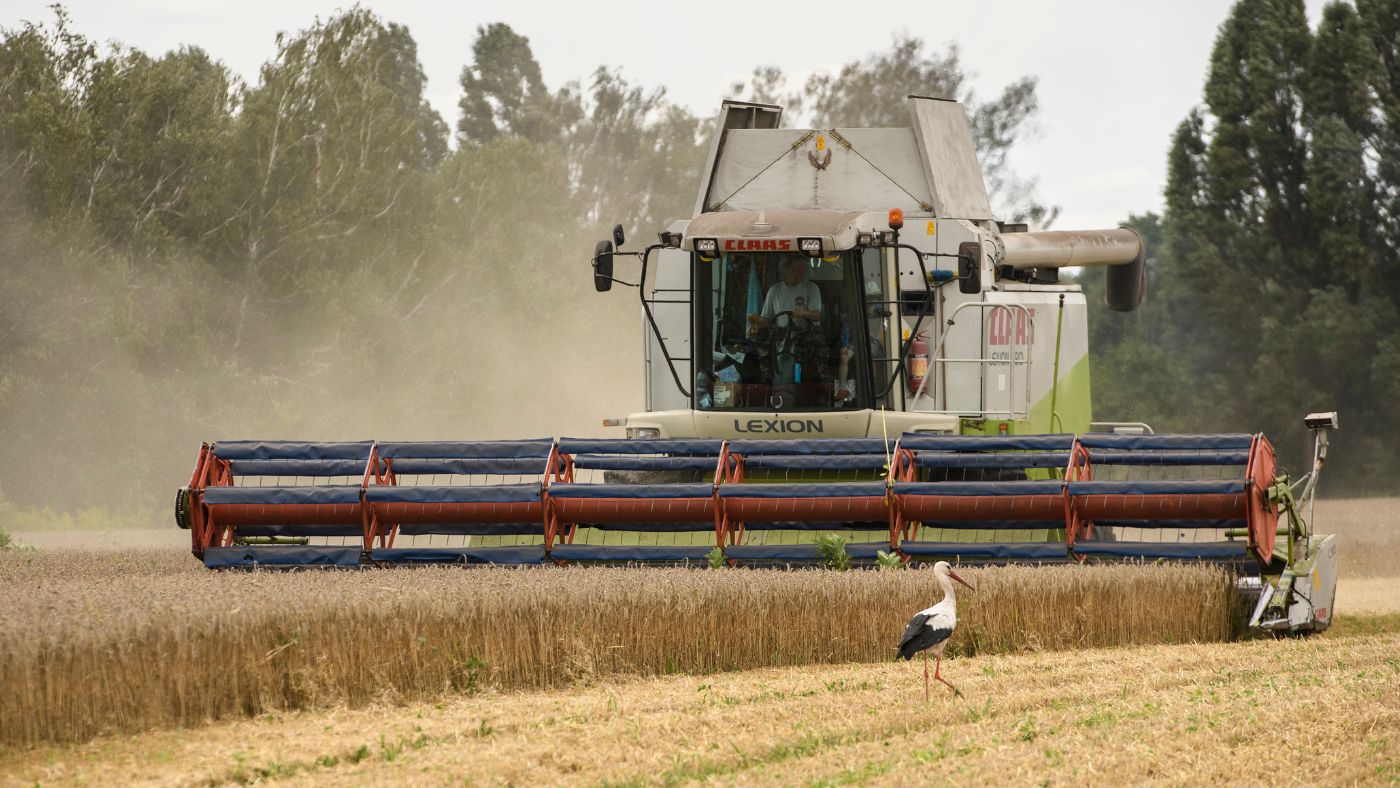‘Voters like a spot of island nation-state jingoism’
Your digest of analysis and commentary from the British and international press

- 1. Fishing row needs quiet diplomacy, not wartime headlines
- 2. Why the new royal yacht could be politically dangerous for Boris Johnson
- 3. After humiliation in Hartlepool, where now for smalltown detective DI Starmer?
- 4. A struggle to shop, park or get down the street. This is the reality of post-Covid life for disabled Britons
- 5. Don’t leave framing free expression to Facebook’s ‘supreme court’
A free daily email with the biggest news stories of the day – and the best features from TheWeek.com
You are now subscribed
Your newsletter sign-up was successful
1. Fishing row needs quiet diplomacy, not wartime headlines
John Kampfner in The Times
on war talk
“It wasn’t quite the Battle of Trafalgar or Goose Green, but, if you were swept away by some of the coverage yesterday, you will have read how the perfidious French were sent scurrying back to their own shores by British naval might,” writes John Kampfner in The Times. “Manna from heaven – again – for the Brexiteers. Yesterday morning one UK tabloid bellowed: “We’re ready for war”, he adds. “Its coverage was adorned with Dad’s Army style arrows pointing to the supposed invasion.” Voters, it seems, “like a spot of island nation-state jingoism, not just in the UK”. After the French threatened to cut off electricity to Jersey, it seems the French do too; President Macron is, after all, “looking nervously over his shoulders before presidential elections in exactly a year”.
The Week
Escape your echo chamber. Get the facts behind the news, plus analysis from multiple perspectives.

Sign up for The Week's Free Newsletters
From our morning news briefing to a weekly Good News Newsletter, get the best of The Week delivered directly to your inbox.
From our morning news briefing to a weekly Good News Newsletter, get the best of The Week delivered directly to your inbox.
2. Why the new royal yacht could be politically dangerous for Boris Johnson
David Gauke in the New Statesman
on choppy waters
It’s rumoured that Boris Johnson will announce “within weeks” plans for a new national flagship yacht named after the Duke of Edinburgh. The plans would “upset all the right people”, writes former Tory MP David Gauke in the New Statesman, which may be Johnson’s “unspoken reason for going ahead with the project”. “Imagine the uproar when this is announced as various lefty republicans rush forward to condemn the plan and, while they are at it, have a go at the whole institution of the monarchy,” he continues. “Upsetting the earnest left-winger is something the prime minister enjoys and is part of his appeal to a large part of the electorate.” But there is one consideration“that should worry the government in the longer term”. The plan “highlights a vulnerability for Johnson: he is perceived as being careless with financial matters; prone to backing extravagant projects; and, as Thatcher might have put it, destined to run out of other people’s money”.
A free daily email with the biggest news stories of the day – and the best features from TheWeek.com
3. After humiliation in Hartlepool, where now for smalltown detective DI Starmer?
Marina Hyde in The Guardian
on lost heartlands
“The Conservatives have won Hartlepool, a seat Labour held since its creation in 1974, with a candidate so invisible she might have been an urban myth,” writes Marina Hyde in The Guardian. “Impressively, Labour’s remainer candidate was an even more batshit choice.” “Increasingly, Labour’s stated mission to rekindle with its lost heartlands feels a bit maudlin and entitled. It’s got the flavour of one of those stories where a man sets up a piano beneath his ex-girlfriend’s window and vows to play it until she gets back with him,” she adds. “Journalists who don’t really get it cover the story with headlines like ‘The last romantic’”, but “all normal women who read it are just thinking: I know exactly what kind of guy he is. I hope she and her new boyfriend will eventually be able to relax in witness protection.”
4. A struggle to shop, park or get down the street. This is the reality of post-Covid life for disabled Britons
James Moore in The Independent
on wheelchair accessibility
“Al fresco dining and drinking. We’re all down with that. People need a break. Businesses need revenue. But that can’t be at the cost of closing off urban spaces to those of us unable to perform something akin to wheelchair acrobatics just to access the pavements we pay tax to maintain,” writes James Moore in The Independent. “The way things are going, they’ll be considering street navigation as the next Paralympic sport,” he adds, and “that’s if you can even get to these areas in the first place”. “Disabled parking bays seem to be vanishing in puffs of pandemic smoke wherever you look” while “Transport for London is blaming its financial crisis for the effective suspension of work to make stations step free.” Covid-19 has “greatly exacerbated” existing problems: “It’s almost as if the virus has delivered a time machine and taken the entire country back fifty years.”
5. Don’t leave framing free expression to Facebook’s ‘supreme court’
John Thornhill in the Financial Times
on a major oversight
“Donald Trump’s supporters say it is a disgrace that Facebook’s oversight board has just upheld the decision to ban the former US president from the social network,” writes John Thornhill in the Financial Times. “Many of his opponents say it is a fitting punishment for inciting post-election violence in Washington,” he continues, “but the broader and more important issue is whether a Facebook-designed, appointed and funded oversight board is the appropriate body to be making such judgments.” “Why has it been left to a private company to create a faux public institution, Facebook’s ‘supreme court’, to draw the boundaries of free expression?” While there may be no “simple answers” we shouldn’t allow the social media giant to “frame these issues for all of us for its own corporate convenience”.
-
 Political cartoons for February 15
Political cartoons for February 15Cartoons Sunday's political cartoons include political ventriloquism, Europe in the middle, and more
-
 The broken water companies failing England and Wales
The broken water companies failing England and WalesExplainer With rising bills, deteriorating river health and a lack of investment, regulators face an uphill battle to stabilise the industry
-
 A thrilling foodie city in northern Japan
A thrilling foodie city in northern JapanThe Week Recommends The food scene here is ‘unspoilt’ and ‘fun’
-
 ‘Islas Malvinas’ and the new battle over the Falklands
‘Islas Malvinas’ and the new battle over the FalklandsTalking Point Argentina scores ‘major diplomatic win’ as EU refers to British territory by its disputed name
-
 Dutch king apologizes for country's role in slave trade
Dutch king apologizes for country's role in slave tradeSpeed Read
-
 Boris Johnson shocks UK by resigning from Parliament
Boris Johnson shocks UK by resigning from ParliamentSpeed Read
-
 Is mystery book Taylor Swift’s memoir?
Is mystery book Taylor Swift’s memoir?feature And other stories from the stranger side of life
-
 Bees delay flight for three hours
Bees delay flight for three hoursfeature And other stories from the stranger side of life
-
 Ukrainian grain: rousing the fury of east Europe’s farmers
Ukrainian grain: rousing the fury of east Europe’s farmersfeature Three Eastern European countries have banned grain imports from the war-torn country
-
 Swedish mining company discovers Europe's largest rare earth element deposit
Swedish mining company discovers Europe's largest rare earth element depositSpeed Read
-
 10 things you need to know today: December 18, 2022
10 things you need to know today: December 18, 2022Daily Briefing North Korea fires pair of ballistic missiles that could potentially reach Japan, EU reaches deal on key climate change agenda, and more